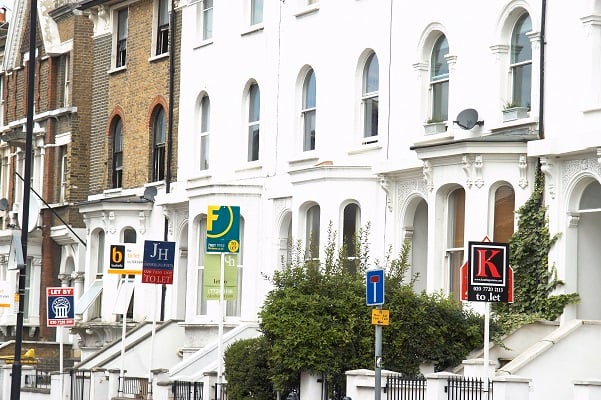Last week’s Autumn Statement saw Chancellor Jeremy Hunt unveil several measures aimed at stimulating the UK’s property market.
These included an extension of the mortgage guarantee scheme, £450m in additional support for the local authority housing fund, and an allocation of £32m to tackle planning backlogs.
Following pressure from within the Conservative Party and the private rented sector, the Treasury also announced that the Local Housing Allowance (LHA) will be unfrozen and increased to 30% of rents nationwide from April 2024.
David Hannah, Group Chairman of Cornerstone Tax, the UK’s leading property tax advisory, comments on Wednesday’s announcements and discusses the missed opportunities from the treasury.
The LHA is a metric that determines the maximum amount that tenants that rent with a private landlord can claim under the housing benefit element of universal credit. Since April 2020, LHA rates have been frozen whilst other benefits within universal credit have increased in line with inflation. Data from the Institute of Fiscal Studies estimated that, due to significant increases in rent over the past three years, only 5% of privately rented properties on the market can be paid for through housing benefit.
The Chancellor claimed that lifting the freeze next year would support 1.6m tenants across the country that are currently struggling with record high rents in a considerably over-heated market. According to David Hannah, the move will also provide relief for landlords who are grappling with high mortgage bills, with Cornerstone’s proprietary data finding that 15% of landlords across the UK have previously considered leaving the market due to rising costs associated with their property.
David Hannah, Group Chairman of Cornerstone Tax, said, “The crisis in the private rental sector could have been eased by removing the second home surcharge from bona fide private rental sector investors giving them a reduction in their acquisition costs and also reinstating full relief for mortgage interest payments in common with other businesses that have to borrow money to provide their services.
“This double measure would have both reduced the costs of purchase, whilst allowing landlords to freeze, or even potentially cut, rents which have had to have both these penal measures “costed in” over the last few years. It would also stimulate purchases in the market at a time when owner occupiers are unable to purchase because of affordability issues.
“The above would have provided a robust solution to providing homes, stimulating the property market at the lower end and restoring what has been a problematic strategy from a government that, as little as 14 years ago, was begging the private rental sector for help during the crash.
“The Chancellor needed to use this opportunity to provide liquidity support to the construction industry to enable them to build speculatively and increase the housing stock more rapidly in this country. The decision to commit an additional £110m to deliver nutrient mitigation schemes to unlock 40,000 new homes in cities including London, Leeds and Cambridge is positive news. Earmarking £32m to address the planning backlog and beginning a consultation to allow any house to be converted into two flats marks an important step in freeing up the rental sector’s supply problem, potentially easing the strain felt by both landlords and tenants.”






Leave a Comment